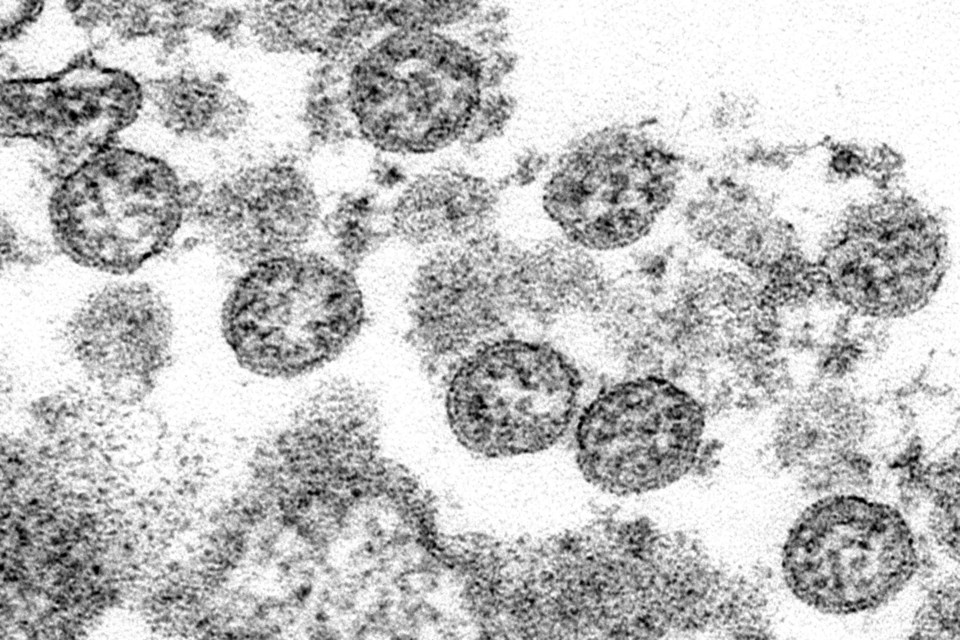Thousands of scientists around the world are working on problems raised by the COVID-19 pandemic. Here is a summary of some recent research from peer-reviewed academic journals and scientific agencies:
---
Research done at three Canadian universities and published in the New England Journal of Medicine has cast yet more doubt on the ability of hydroxychloroquine to prevent COVID-19. In a large, randomized, double-blind and placebo-controlled trial across the United States and Canada, researchers at the universities of Manitoba, Alberta and McGill looked at 719 adults with high-risk novel coronavirus contacts. They found little difference in who developed COVID-19 between those who received the drug and those given a placebo. Those who took hydroxychloroquine developed more side effects.
---
Research published by the American Psychological Association has looked into the attitudes of New Zealanders, whose country dealt early, firmly and successfully with the COVID-19 pandemic. It says in the first few weeks of the country's lockdown, residents reported a slight increase in mental distress but higher levels of confidence in the government, science and the police, as well as greater patriotism. The authors say a strong and cohesive response is more likely to create trust in politicians, scientists, police and communities. The absence of such a response may encourage division, lack of adherence to guidelines and conspiracy theories.
---
The journal Physics of Fluids has examined how respiratory droplets from people with COVID-19 react on various surfaces in various environments. The authors used a mathematical model to calculate how temperature, surface and relative humidity affect drying times. They then correlated those figures to COVID-19 spread in six cities around the world. They found cities where droplets were most likely to linger had higher rates of infection. They add that surfaces such as smartphone screens, cotton and wood should be cleaned more often than glass and steel surfaces because droplets evaporate more slowly on them.
---
Research in the Journal of Medical Virology looked at the length of time COVID-19 patients may carry the virus after being discharged from hospital. It found most patients tested positive for more than two weeks. More than two-thirds needed more than 20 days to achieve the first negative test and about one-third tested positive for the virus for 40 days after discharge. Patients who suffered mild symptoms and were discharged took longer to test negative than hospital inpatients. The researchers caution that a positive test doesn't necessarily mean a person is infectious.
---
The journal Drug and Alcohol Review has looked at drinking patterns under COVID-19 lockdowns. Several Australian states relaxed liquor licensing restrictions to allow restaurants, cafes and small bars to sell take-away alcohol. Using credit and debit card data, the researchers found 34 per cent more spending on alcohol from March 20-27 and a 28 per cent increase the following week, even though overall spending declined. However, the next week showed a 13 per cent decline. Online sales boomed, with some Australian retailers reporting up to 500 per cent increases over the previous year. In the United States, overall alcohol sales were up 55 per cent in the week ending March 21 and online sales were up 243 per cent.
---
The Journal of the American Geriatrics Society has calculated the percentage of COVID-19 deaths in long-term care facilities for several countries and U.S. states. The numbers run from 63 per cent in Massachusetts to 71 per cent in Connecticut — although the journal warns 11 states don't report COVID-19 deaths in such facilities. In Canada, the figure for early May was 82 per cent. About half of European COVID-19 deaths were in long-term care. Hong Kong reported no such deaths. South Korea, Singapore and New Zealand each had fewer than 20.
---
This report by The Canadian Press was first published June 6, 2020
Bob Weber, The Canadian Press



